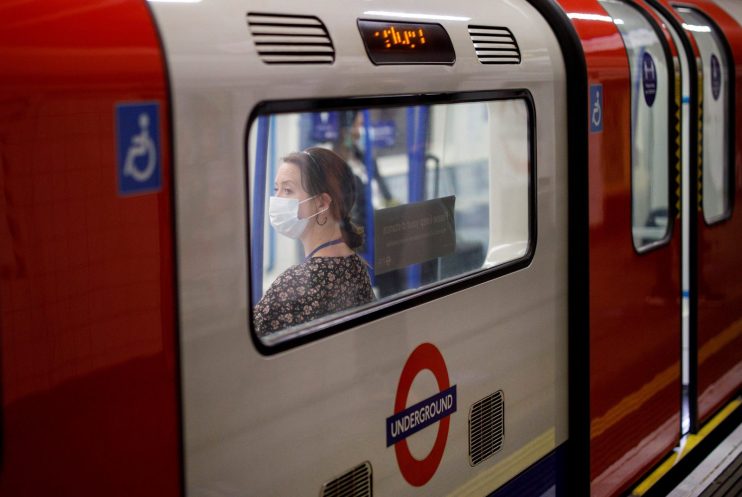New £1.8bn TfL bailout agreed at the eleventh hour

Transport for London (TfL) will receive £1.8bn in government support to see it through until March after a second bailout deal was finally agreed last night.
As a result of the coronavirus pandemic, the capital’s transport network has seen revenue dry up amid the collapse in passenger numbers.
In March TfL received £1.6bn in the government to help it through the initial period of lockdown but this ran out in October, meaning the two parties had to head back to the negotiating table.
Despite fears that a fresh rescue package would come with stringent demands, London Mayor Sadiq Khan said that several of the government’s more controversial conditions had been rejected.
These included much-maligned plans to extend the Congestion Charge zone, as well as scrapping all concessionary travel and hiking fares ahead of the rate of inflation.
Khan said that the deal was “not ideal”, but added: “We fought hard against this Government which is so determined to punish our city for doing the right thing to tackle Covid-19.
“The only reason TfL needs government support is because it’s fares income has almost dried up since March.”
The new funding means that the network will be able to continue to run rail and bus services over the winter period.
At the core of the package is £1bn in grants and loans for the next six months, assuming that passenger demand remains at 65 per cent of pre-pandemic levels.
Before the Open newsletter: Start your day with the City View podcast and key market data
TfL said that the total amount of government support could be raised or lowered depending on what passenger numbers were, but it was anticipated that it would provide £1.8bn in total.
However, this still falls short of the £2bn funding shortfall the network is predicting in its revised budget.
Passenger numbers on the Tube are currently running at 33 per cent of pre-pandemic levels, while bus usage stands nearer to 60 per cent.
As part of the Funding Package, TfL will commit to contributing approximately £160m to the forecast funding shortfall in the form of additional income or savings through a mixture of lower spending and cost control.
Transport commissioner Andy Byford said: “Reaching this agreement with the government allows us to help London through this next phase of the pandemic. We will continue to work with the Mayor and the government on our longer-term funding needs.”
TfL bailout brings ‘sigh of relief’ for London business
Jasmine Whitbread, chief exec of business group London First, called for the two sides to use the six months of leeway granted by the bailout to come up with a long-term solution to financing TfL.
“London businesses will breathe a sigh of relief that TfL can continue to operate a full service in the short-term”, she said.
“All sides must now use this time to put together a sustainable, long-term settlement to support London and the UK’s economic recovery.”
Since the government took away TfL’s operating grant in 2018, the network has been overly reliant on passenger fares for generating revenue.
Richard Burge of the London Chamber of Commerce echoed her words, saying: “It’s vital now that as we look to Spring in the hope of coming out of business survival mode and instead look to economic recovery, that negotiations between all parties are non-partisan and conditions appropriate for that point in time.
“It isn’t about London being special, it’s about London being essential to the UK’s economic recovery.”